#future tribal
Explore tagged Tumblr posts
Text

Future ancestral << @kizabalk >>
Crédit photo : @yzz.jpeg
Assistance : @marilynetania
.
.
.
.
.
.
.
.
.
.
.
.
.
.
.
#future #musicstudio
#futuristic #photo #media
#afro #futuro #instalike
#artgallery #spotify #arts
#spotifyplaylist #conceptart
#future#artists on tumblr#future tribal#future tribe#photographer#photoart#photos#music#festival#art#artist#afrobeats#afro#canada#montreal#kinshasa#musique#afrofuturism#afropop#afrobeat#african#afrofusion#afro punk#afrofuturisme#best music#best song of the world#albumcover#all india radio#public radio#radio station
2 notes
·
View notes
Text

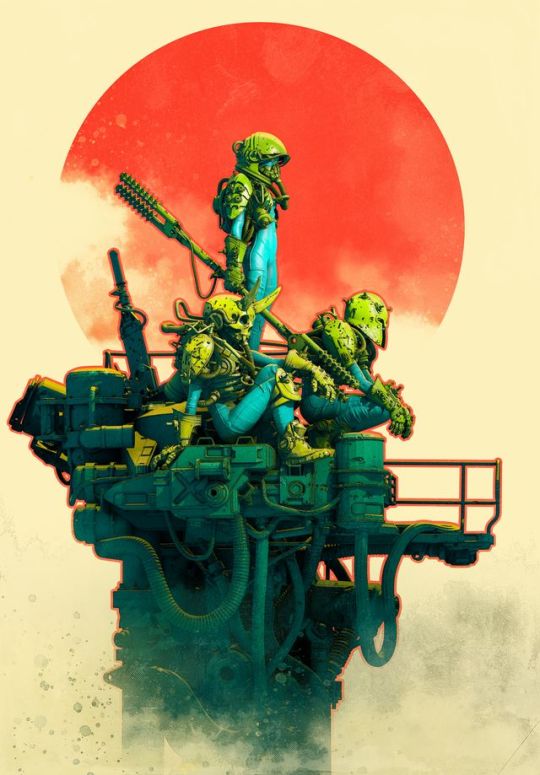
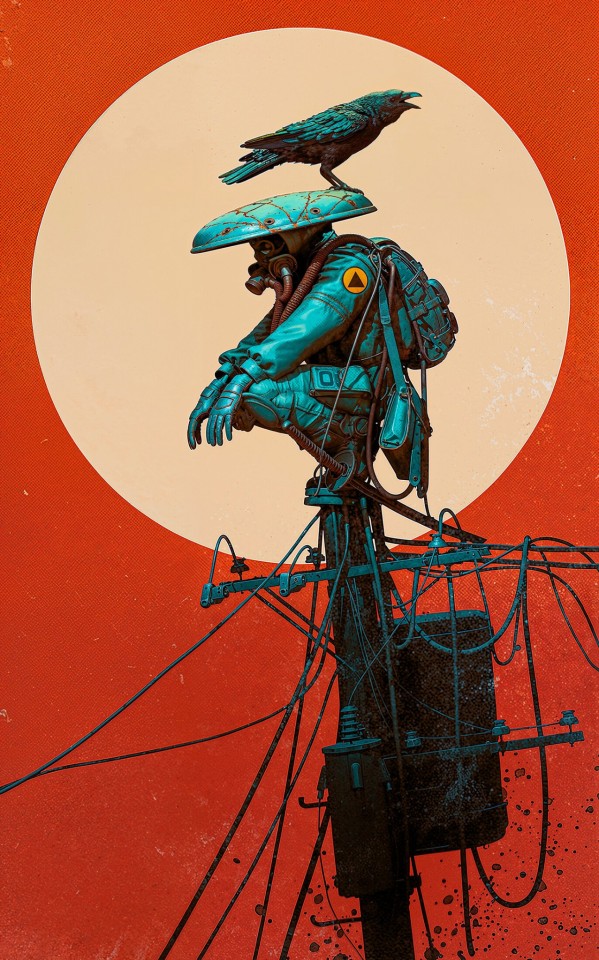


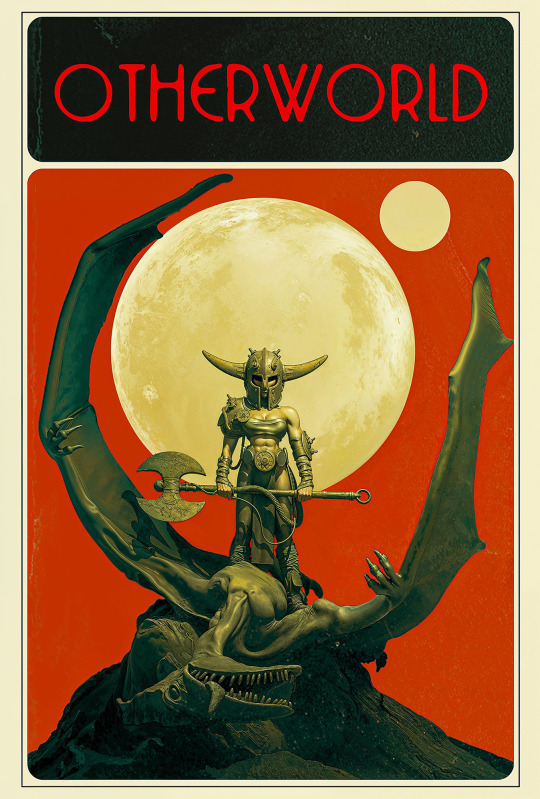
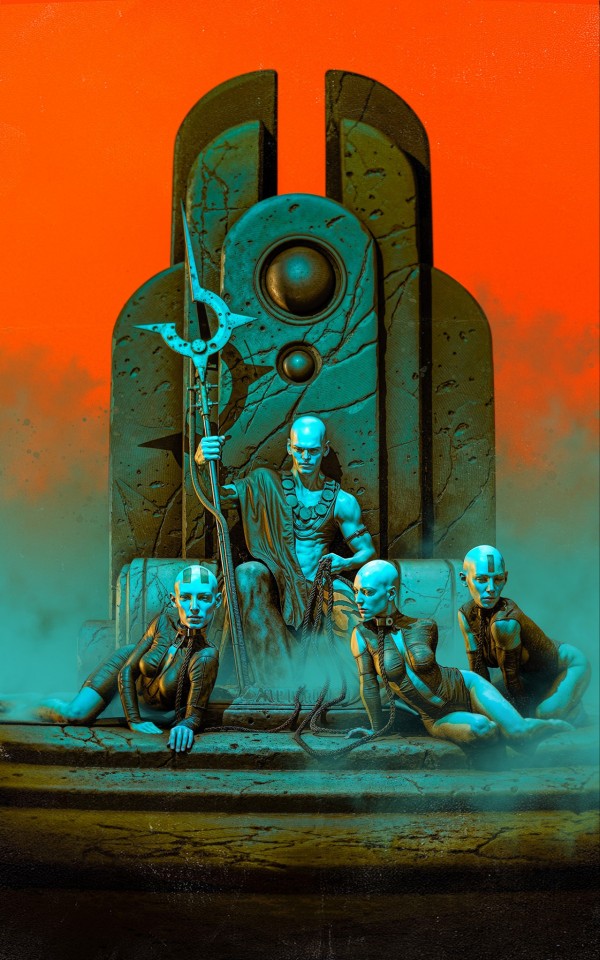
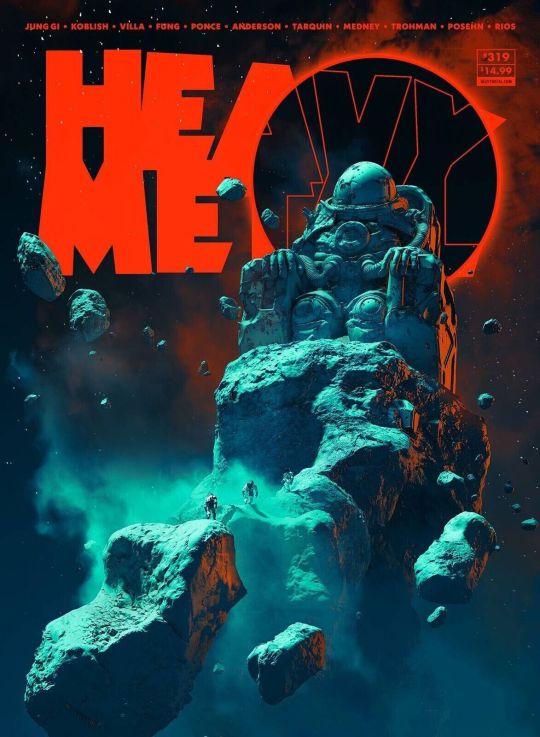


By Pascal Blanché
#nestedneons#cyberpunk#cyberpunk art#cyberpunk aesthetic#art#cyberpunk artist#cyberwave#megacity#futuristic city#scifi#tribal scifi#dune#retro future#retrowave
427 notes
·
View notes
Text

Come on, he’s in love with a queen. Did he think it’d work out?
I’m sure he thought about that a lot.
#final fantasy ix#zidane tribal#ffix#ff9#my art#I like to think that after confiding in Dagger at the Black Mage Village#this was the moment he truly started thinking about what a future with her would look like#oh Zid#how I love you#paint tool sai
96 notes
·
View notes
Text

29 notes
·
View notes
Text
I'm gonna be honest: while i don't disagree with the assessments about the constant abysmal failure of rightward overtures to please anybody, it very much IS the case that the voter base -- i.e. real human beings -- really IS moving extremely far to the right, and the fact that someone as abysmal as Trump can be elected on that basis at all -- that anyone even HAS to "run a good game" -- is genuinely fucking terrifying.
The fear and anger has never been about what Trump might do; the fear is about how many people in this country are actively hoping he does it.
#he has the mandate he wants#to rig everything to ensure republican capture of the government#for literally the foreseeable future in its entirety#i do actually think it plausible that in 4 years there will not actually be an avenue to restore or salvage democracy here#tribalism and a bad voting system undid us
5 notes
·
View notes
Text

Biker future club
#digital#artist on tumblr#digital art#biker#biker girl#Biker gear#Pan#tribal art#character deisgn#Design#concept art#Fakefroot#Fake Froot#future art#Future#ai art#generated artwork#collage#ai#motorcycle#Motor#electric vehicles#unusual vehicles#ai artist on tumblr#ai artists
11 notes
·
View notes
Text

a need
9 notes
·
View notes
Text
The Problem With Civilisation
youtube
#solarpunk#hopepunk#youtube#education#queer punk#future#community#lunarpunk#tribalism#philosophy#ecology#ecopunk#anar
3 notes
·
View notes
Text
We are no longer rival tribes fighting each other over a waterhole in a savannah. We are one tribe that must learn to share a planet in the vastness of space. If we don’t learn this soon, we will not survive ourselves.
3 notes
·
View notes
Text
also still thinking of the 'war from afar' theme in fnv. reflected in ulysses, america, the ncr, the boomers, ELIJAH.
#shitpost#E. LI. JAH.#elijah is the final form of this like. of how 'war from afar' can exist MODERNLY.#because the NCR calls to the past of America. obviously Ulysses does as well.#the boomers are sort of a middle ground. Old World weapons but tribal new world intent.#ELIJAH. though. is a future. a TERRIBLE future. a future drawing from the past but a natural conclusion to that kind of power#if the courier didn't kill elijah the whole world is FUCKED#thats why if you do the elijah ending your game is fucking over lol#anyways. war from afar.#that sort of distance is also characterized in Mr. House. aka Not-at-Home.#anyways. bye.
2 notes
·
View notes
Text

WE STARTIN THE NEW YEAR WITH A ROLL LEA GOOOOOO
#favorite art yet#legit very proud of myself#im so amazing#look at how pretty this looks#look at the colors and the line weight#btw this is a mixed effort of me and a dear friend#we both worked very hard to make the colors work#can't thank her enough#also also also#this is the updated version of tribal magical girl#still have no name for her#so if anyone has any ideas pls do share it with the class#exams are finished and life is beautiful#future comic#magical girl#magical girl design#her feathers are her arrows and they never miss a target#NEVER#magical girls#artwork#digital art#my eyes has been now opened to the magic of line weight#i have been so blind before#so arrogant#so not humble#now im even more arrogant and unhumble but this time i have the art to back me up eyyyyyyy
0 notes
Text
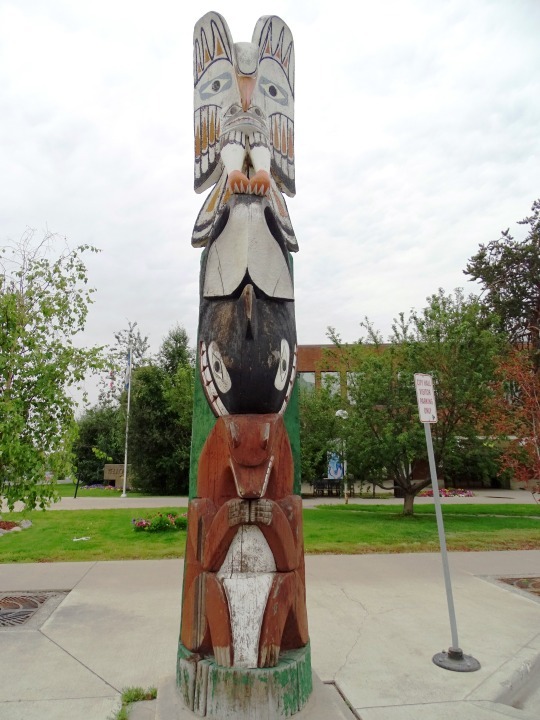
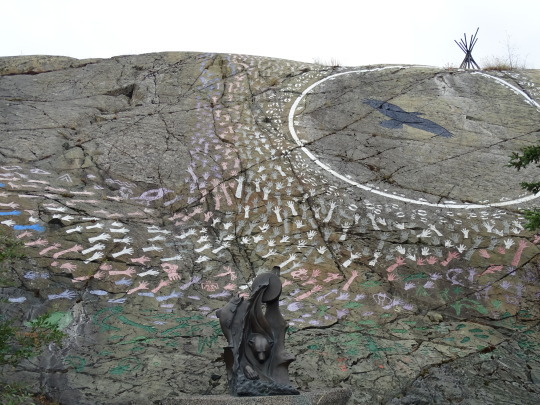
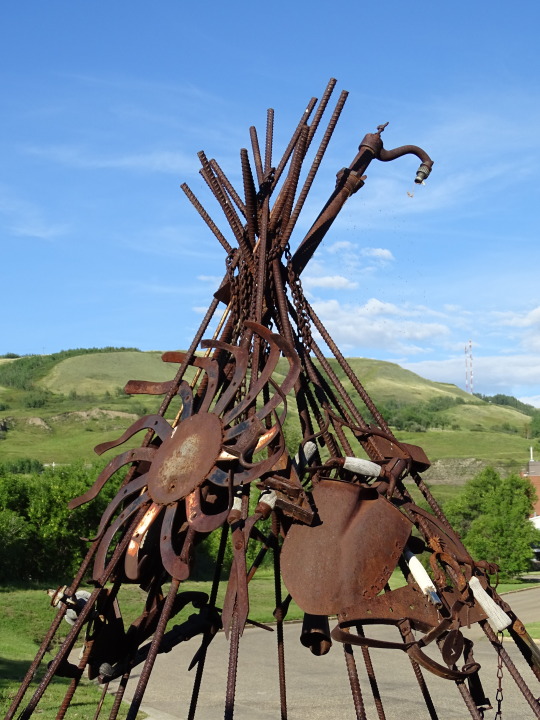
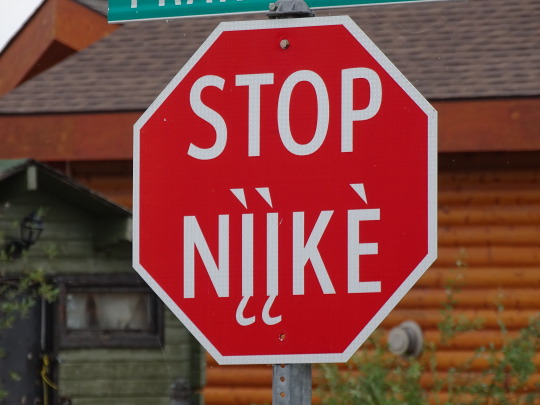

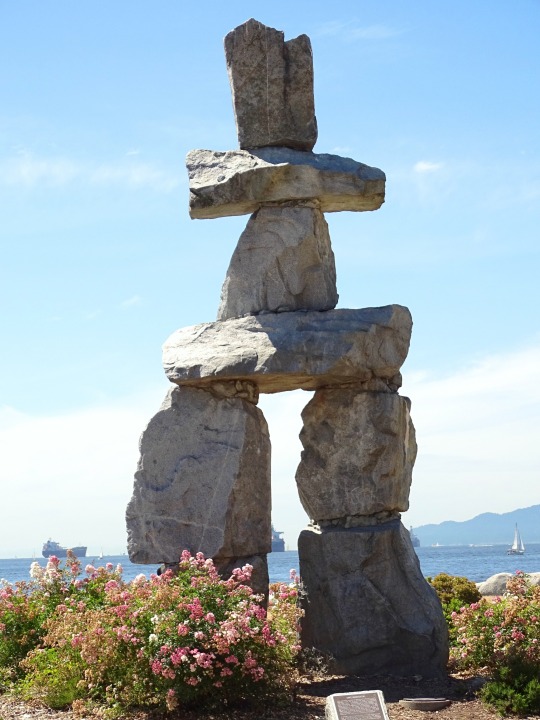
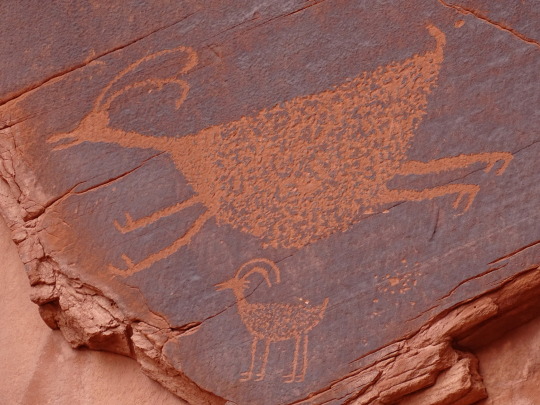
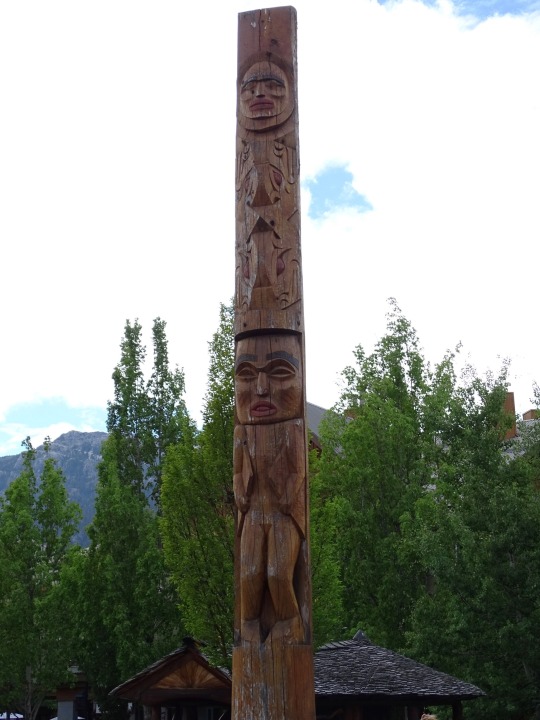
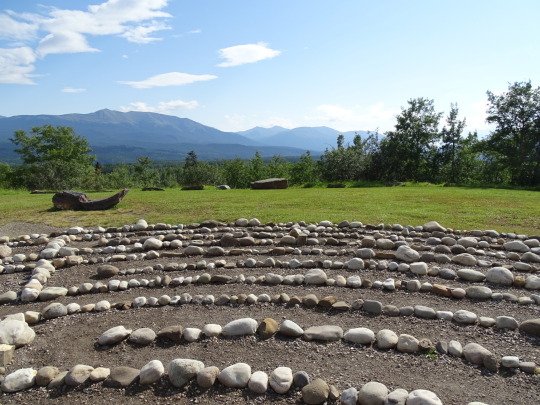
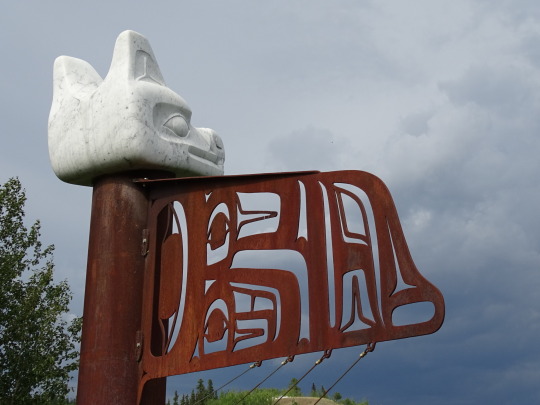
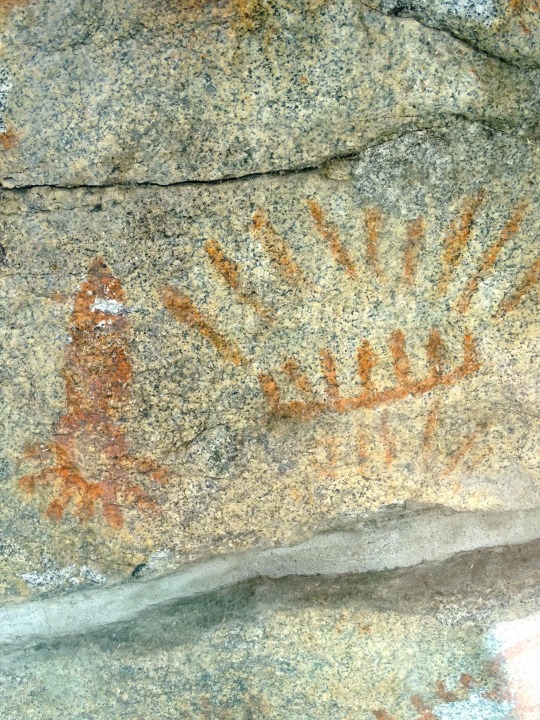
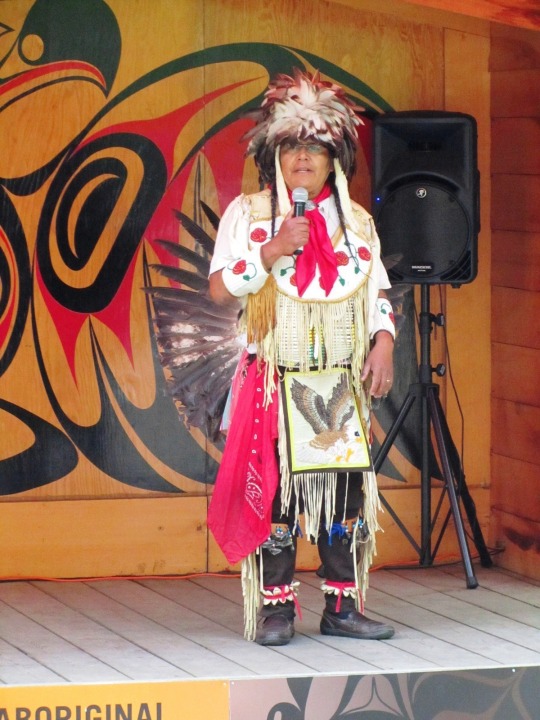
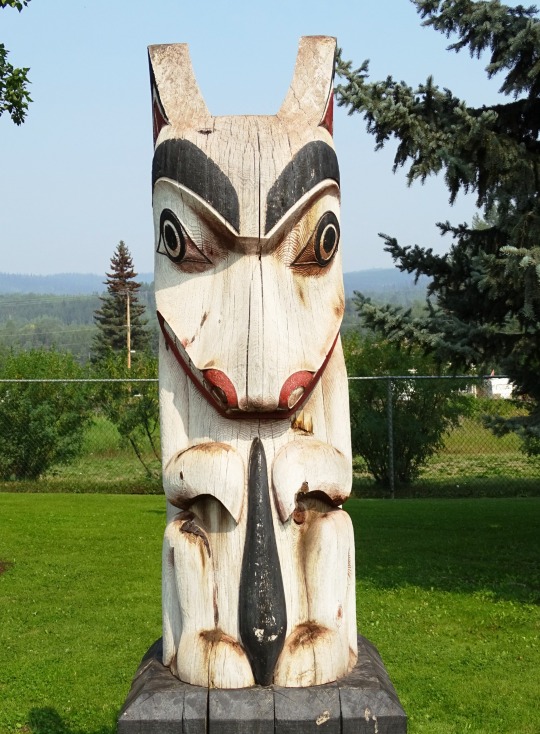
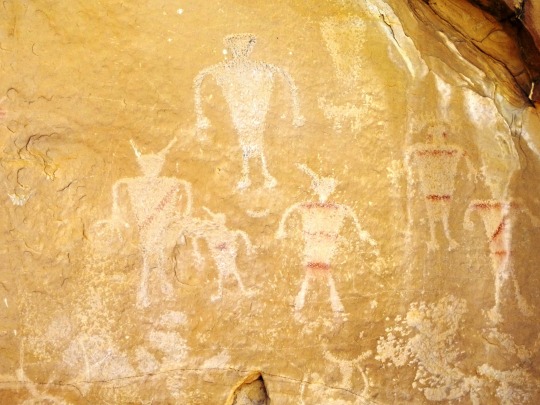
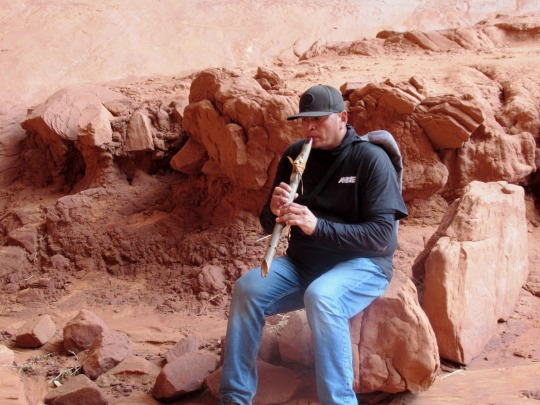
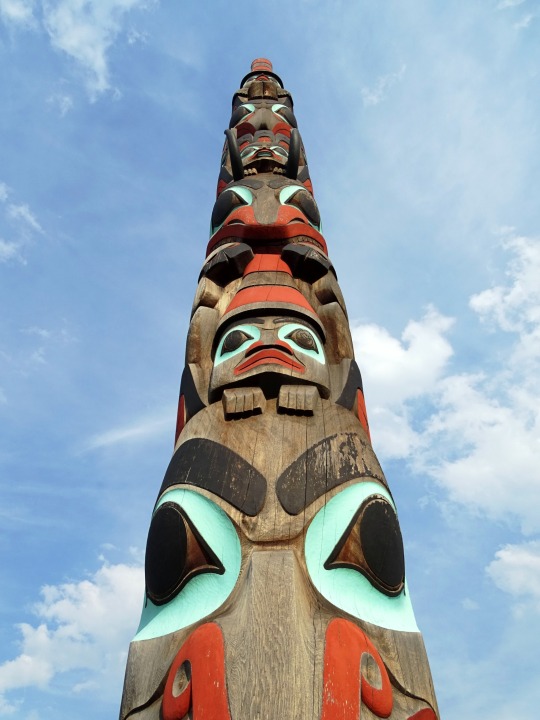
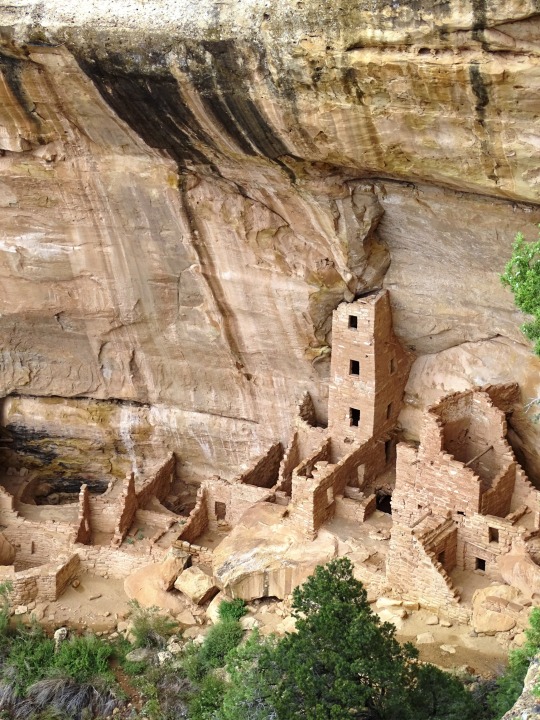

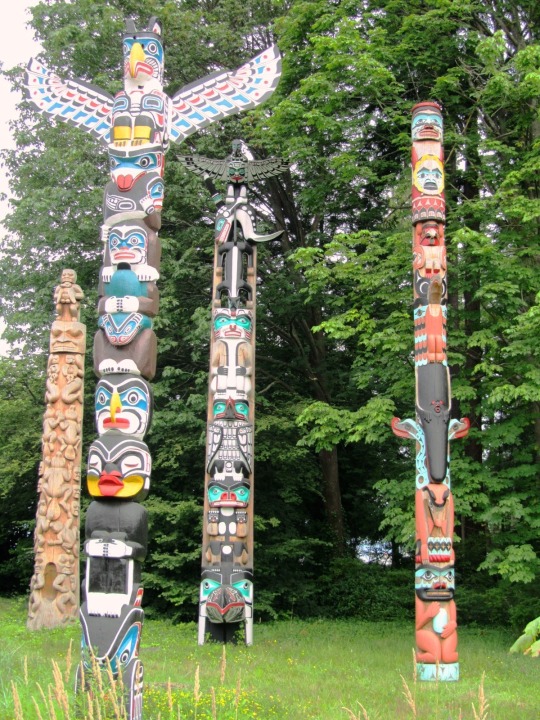
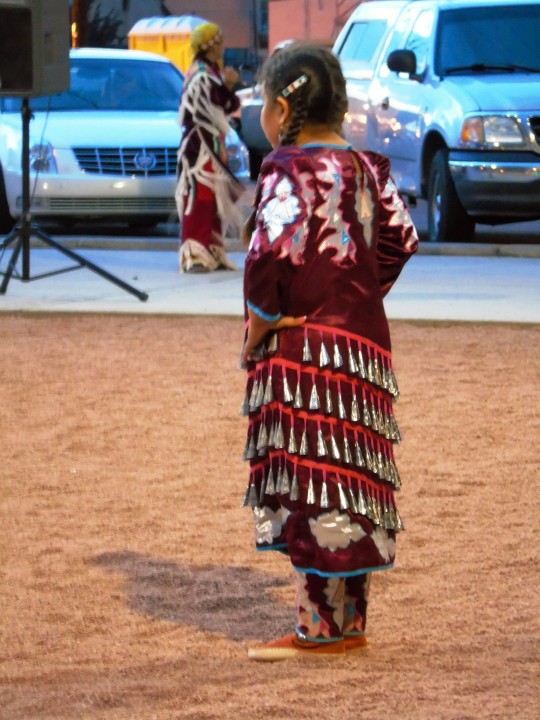

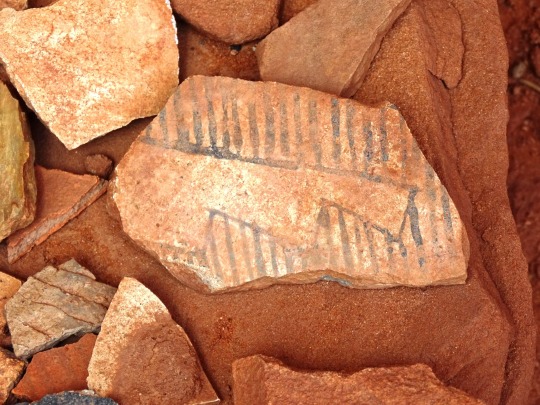
Native American Heritage Day
National Native American Heritage Day is observed on November 29, a day after Thanksgiving. American Indians are accorded special honor on this day, and their rich cultures, accomplishments, contributions, and heritage are celebrated. The history of America begins with Native Americans, and the bald eagle on the U.S. shield is an Iroquois symbol. On this day, we can enjoy displays of their cultural fashion and unique recipes and speak out against the grave injustices they have experienced.
History of Native American Heritage Day
Dr. Arthur C. Parker of the Seneca nation first protested for National Native American Heritage Day between 1912 and 1915. At first, he was fighting for an “American Indian Day” to be recognized within the Boy Scouts of America. In 1990, President George H. W. Bush signed into law the legislation introduced by Congressman Joe Baca, to designate the day after Thanksgiving as American Indian Heritage Day. The law was established on November 28 as a day to pay respects to the Native Americans for their numerous contributions to the United States. The American Indian Heritage Day was supported by the National Indian Gaming Association (NIGA) and 184 federally recognized tribes.
The Native American Heritage Day encourages Americans of all backgrounds to appreciate the indigenous cultures appropriately, with ceremonies and activities. Schools are also encouraged to enhance their students’ awareness of Native Americans by providing classroom activities focused on their history, contributions, and achievements.
The United States House of Representatives initially passed the Native American Heritage Day Act of 2009, with technical adjustments made by a collective consent in the United States Senate. The House of Representatives unanimously voted to pass the legislation again, including the Senate’s adjustments. The legislation was then signed into public law by President Barack Obama on October 30, 2009.
Native American Heritage Day and Month is a huge platform for Indigenous people to educate society about their communities. On this day, more than ever, they lead the discourse on culture, celebrate their heritage by donning traditional footwear (“rocking the moccasin”), and shed some light on the diverse tribal communities.
Native American Heritage Day timeline
12,000 B.C. The Native American Origin
Archaeologists believe Native Americans might have crossed into America from Asia at about 12,000 B.C.
1912 American Indian Day
Dr. Arthur C. Parker of the Seneca nation begins his fight for the Boy Scouts of America to recognize an “American Indian Day.”
1924 Native American Citizenship
After Congress enacts the Indian Citizenship Act, Native Americans are finally granted citizenship in their indigenous country.
1976 Native American Awareness Week
President Gerald R. Ford declares the first national, week-long observance for American Indians.
1990 National American Indian Heritage Day
President George H. W. Bush signs a resolution establishing the national holiday.
2009 National Native American Heritage Month
President Barack Obama declares the month of November as National Native American Heritage Month.
2018 Elected Native American Women
Sharice Davids and Deb Haaland are the first Native American women elected to Congress.
2019 Native American Census
The population of Indigenous People in the United States is 6.9 million, 2.09% of the country’s population.
Native American Heritage Day FAQs
What is the more appropriate term to use, American Indian or Native American?
Both terms are appropriate.
Do American Indians pay taxes?
Yes, they do. Both tribes and individual American Indians pay taxes, except those who work on a reservation.
How are tribes organized?
Tribes have innate rights to govern under their own systems of government. Tribal governments have various structures, and several of them have adopted constitutions, while others retain traditional methods of rulership. The governor of a tribe is commonly called the tribal chairperson, chief, governor, or president.
How to Observe Native American Heritage Day
Know the facts
Be socially active
Cook like a true Native American
Watch documentaries or read books that properly represent Native American history and culture. Take a tour of a Native American museum or heritage center near you.
Participate on social media or in online events observing Native American Heritage Day. TikTok’s #NativeFamily is a famous Native American Heritage community.
Choose a Native American meal to make. Try Three Sisters Soup, Pemmican, or simple Buffalo Stew. Native American meals are famously delightful, so try out some of their decadent recipes.
5 Facts About Native Americans
Their median age is 31
Few Native Americans hold a professional degree
They own over 24,000 businesses
There are hundreds of Indian tribes
The sequoia tree has a namesake
Native Americans consider the age of 31 as middle age.
8% of Native Americans over 25 have a graduate or professional degree.
American Indians and Alaska Natives own about 24,503 businesses in the U.S.
As of 2020, the number of federally recognized Indian tribes equals 574.
The giant redwood tree is named after the Cherokee leader Sequoyah, who helped develop the Cherokee alphabet.
Why Native American Heritage Day is Important
To accord rightful respect
For appropriate involvement in their culture
We learn and educate others
It is a day to honor and recognize the indigenous people’s contributions to the United States. An official holiday enlightens people on how to do this right.
We take part in the rich and diverse art, culture, and tradition of the Native people. This particular day allows us to bask in the beauty and uniqueness of their heritage, experiencing its multifaceted nature.
We learn and are inspired by how tribal citizens have synergized to conquer these challenges, and we hear these stories from the Natives themselves. It is the perfect chance to educate the public, to raise awareness about the unique challenges Native people have faced, past and present.
Sourcec
#Peace River#Yellwoknife#Olympic Lightning Figure by Ray Natraoro#Building on the Past Looking to the Future by Ken Anderson#Labyrinth Park#Two Brothers Totem Pole by Jaalen and Gwaai Edenshaw#pictograph#Inukshuk by Alvin Kanak#Dinosaur National Monument#USA#original photography#Mesa Verde National Park#travel#Green Chili Stew#Monument Valley Navajo Tribal Park#vacation#Pottery fragment#Native American Heritage Day#29 November 2024#day after Thanksgiving#NationalNativeAmericanHeritageDay#Wabanki Canoe#tourist attraction#landmark#Washington#Vancouver
0 notes
Text
Champai Soren Gets Grand Welcome in Seraikela, Hints at ‘New Political Chapter’
Former CM receives warm welcome, discusses future plans amid political suspense Champai Soren’s visit to Saraikela sparks speculation about his next political move after recent rebellion. SERAIKELA – Former Chief Minister Champai Soren arrived in Saraikela on Saturday, greeted by enthusiastic supporters following his recent split from the government. In Seraikela, he was given a warm welcome by…
#मुख्य#Champai Soren Saraikela visit#Champai Soren&039;s future plans#Featured#former CM rebellion#indigenous people&039;s rights#Jharkhand development vision#Jharkhand political developments#Jharkhand statehood movement#political suspense in Jharkhand#Saraikela public support#tribal rights advocate
0 notes
Audio
(djace21)
0 notes
Text
No paywall version here.
"Two and a half years ago, when I was asked to help write the most authoritative report on climate change in the United States, I hesitated...
In the end, I said yes, but reluctantly. Frankly, I was sick of admonishing people about how bad things could get. Scientists have raised the alarm over and over again, and still the temperature rises. Extreme events like heat waves, floods and droughts are becoming more severe and frequent, exactly as we predicted they would. We were proved right. It didn’t seem to matter.
Our report, which was released on Tuesday, contains more dire warnings. There are plenty of new reasons for despair. Thanks to recent scientific advances, we can now link climate change to specific extreme weather disasters, and we have a better understanding of how the feedback loops in the climate system can make warming even worse. We can also now more confidently forecast catastrophic outcomes if global emissions continue on their current trajectory.
But to me, the most surprising new finding in the Fifth National Climate Assessment is this: There has been genuine progress, too.
I’m used to mind-boggling numbers, and there are many of them in this report. Human beings have put about 1.6 trillion tons of carbon in the atmosphere since the Industrial Revolution — more than the weight of every living thing on Earth combined. But as we wrote the report, I learned other, even more mind-boggling numbers. In the last decade, the cost of wind energy has declined by 70 percent and solar has declined 90 percent. Renewables now make up 80 percent of new electricity generation capacity. Our country’s greenhouse gas emissions are falling, even as our G.D.P. and population grow.
In the report, we were tasked with projecting future climate change. We showed what the United States would look like if the world warms by 2 degrees Celsius. It wasn’t a pretty picture: more heat waves, more uncomfortably hot nights, more downpours, more droughts. If greenhouse emissions continue to rise, we could reach that point in the next couple of decades. If they fall a little, maybe we can stave it off until the middle of the century. But our findings also offered a glimmer of hope: If emissions fall dramatically, as the report suggested they could, we may never reach 2 degrees Celsius at all.
For the first time in my career, I felt something strange: optimism.
And that simple realization was enough to convince me that releasing yet another climate report was worthwhile.
Something has changed in the United States, and not just the climate. State, local and tribal governments all around the country have begun to take action. Some politicians now actually campaign on climate change, instead of ignoring or lying about it. Congress passed federal climate legislation — something I’d long regarded as impossible — in 2022 as we turned in the first draft.
[Note: She's talking about the Inflation Reduction Act and the Infrastructure Act, which despite the names were the two biggest climate packages passed in US history. And their passage in mid 2022 was a big turning point: that's when, for the first time in decades, a lot of scientists started looking at the numbers - esp the ones that would come from the IRA's funding - and said "Wait, holy shit, we have an actual chance."]
And while the report stresses the urgency of limiting warming to prevent terrible risks, it has a new message, too: We can do this. We now know how to make the dramatic emissions cuts we’d need to limit warming, and it’s very possible to do this in a way that’s sustainable, healthy and fair.
The conversation has moved on, and the role of scientists has changed. We’re not just warning of danger anymore. We’re showing the way to safety.
I was wrong about those previous reports: They did matter, after all. While climate scientists were warning the world of disaster, a small army of scientists, engineers, policymakers and others were getting to work. These first responders have helped move us toward our climate goals. Our warnings did their job.
To limit global warming, we need many more people to get on board... We need to reach those who haven’t yet been moved by our warnings. I’m not talking about the fossil fuel industry here; nor do I particularly care about winning over the small but noisy group of committed climate deniers. But I believe we can reach the many people whose eyes glaze over when they hear yet another dire warning or see another report like the one we just published.
The reason is that now, we have a better story to tell. The evidence is clear: Responding to climate change will not only create a better world for our children and grandchildren, but it will also make the world better for us right now.
Eliminating the sources of greenhouse gas emissions will make our air and water cleaner, our economy stronger and our quality of life better. It could save hundreds of thousands or even millions of lives across the country through air quality benefits alone. Using land more wisely can both limit climate change and protect biodiversity. Climate change most strongly affects communities that get a raw deal in our society: people with low incomes, people of color, children and the elderly. And climate action can be an opportunity to redress legacies of racism, neglect and injustice.
I could still tell you scary stories about a future ravaged by climate change, and they’d be true, at least on the trajectory we’re currently on. But it’s also true that we have a once-in-human-history chance not only to prevent the worst effects but also to make the world better right now. It would be a shame to squander this opportunity. So I don’t just want to talk about the problems anymore. I want to talk about the solutions. Consider this your last warning from me."
-via New York Times. Opinion essay by leading climate scientist Kate Marvel. November 18, 2023.
#WE CAN DO THIS#I SO TRULY BELIEVE THAT WE CAN DO THIS#WE CAN SAVE OURSELVES AND THE WORLD ALONG WITH US#climate crisis#united states#climate change#conservation#hope posting#sustainability#climate news#climate action#climate emergency#fossil fuels#global warming#environmentalism#climate hope#solarpunk#climate optimism#climate policy#earth#science#climate science#meteorology#extreme weather#renewable energy#solar power#wind power#renewables#carbon emissions#climate justice
33K notes
·
View notes
Text

JUNGLE PARTY Tribal Connection VOL.102 at 虎子食堂
2024.03.09(SAT) 23:00-6:00 Door ¥1000
Tribal Connection Crew: DJ YAHMAN JUNGLE ROCK 大出泰士 Tenmus HALU
featuring: submerse (Future Retro)
#tribal connection#jungle#junglemusic#dnb#drumandbass#drum&bass#ekectronicmusic#tokyo#junglist#submerse#future retro#party#toranoko shokudo
0 notes